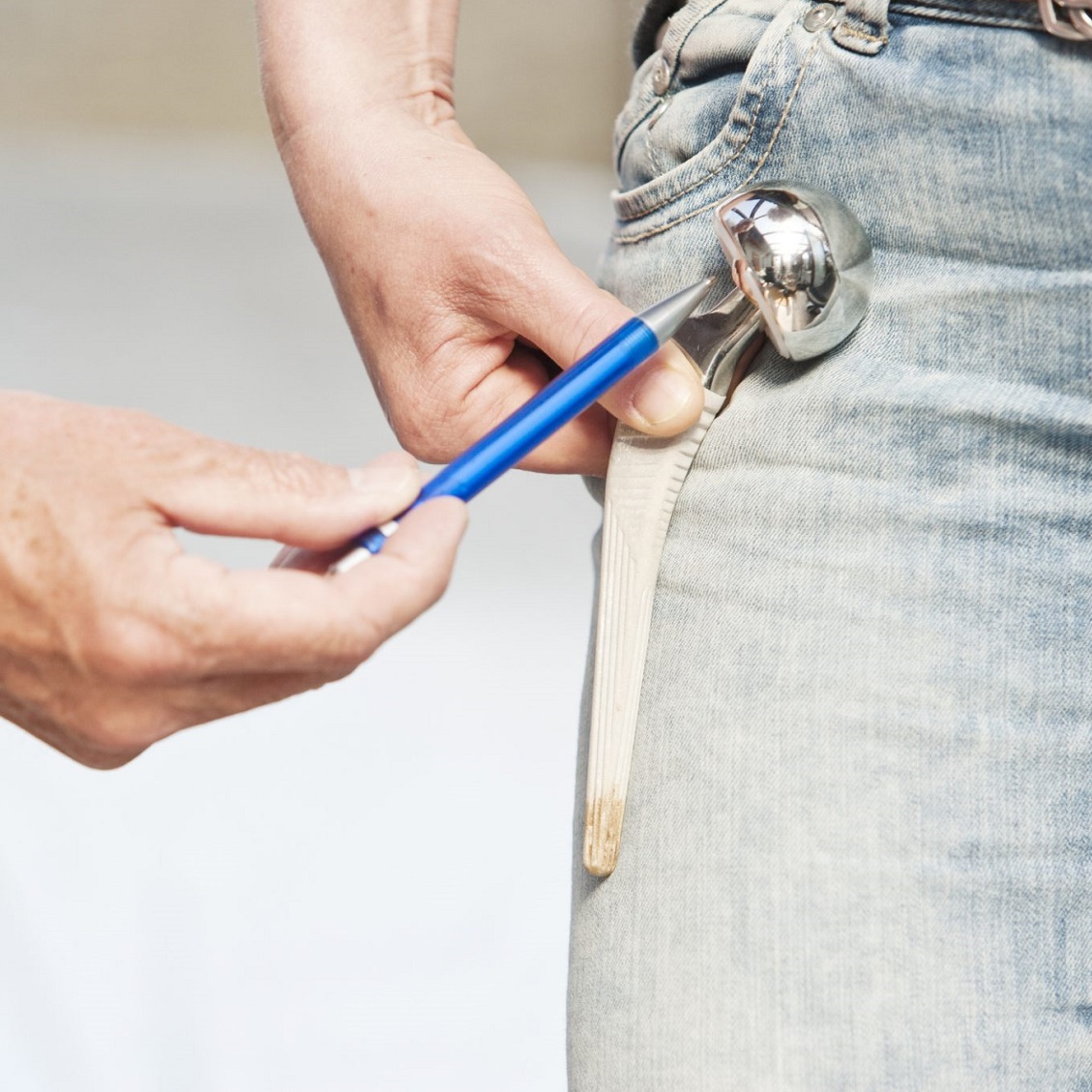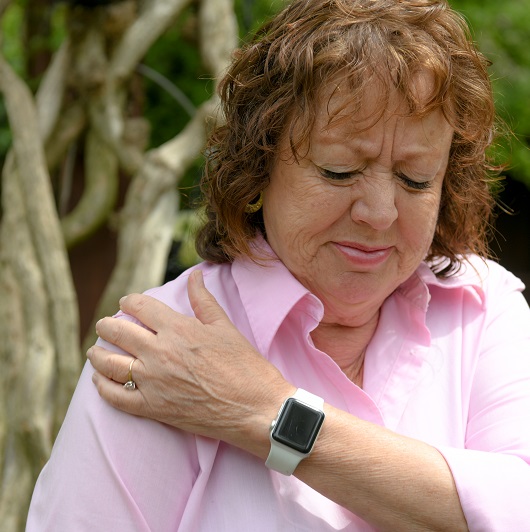Orthopedic Resources and Frequently Asked Questions for Patients
Questions to Ask Your Orthopedic Specialist
We understand that as a patient preparing for orthopedic surgery, you have questions, and our doctors and health care professionals are here to answer them. It's a good idea to write them down before you see your doctor and bring the list with you to your appointment. Here are some sample questions you can ask:
- What are my treatment options? Must I have surgery? Are there alternatives?
- Can I get a second opinion?
- What are the expected results in my case?
- What will my surgery recovery and healing timeline look like?
- What about pain management?
- What kind of follow-up care should I expect?
- Who should I call for non-emergency questions?
You may also think of other questions to ask too. Remember—no question is silly or unimportant. We believe in working hand-in-hand with our patients to achieve optimal health outcomes. Our doctors and orthopedic surgeons are here to partner with you, ensuring you receive the best possible care.
Additional Orthopedic Patient Resources
The following resources may be helpful at various points throughout your health care journey and recovery.
Spine Surgery
- Guidebook: Spine Surgery (Jersey Shore University Medical Center)
- Guidebook: Spine Surgery (Hackensack University Medical Center)
- Guidebook: Spine Surgery (Hackensack University Medical Center Spanish)
- Guidebook: Spine Surgery (Ocean University Medical Center)
- Guidebook: Spine Surgery (Ocean University Medical Center Spanish)
- Guidebook: Spine Surgery (Riverview Medical Center)
Total Hip Replacement
Total Knee Replacement
Hip Fracture
- Guidebook: Hip Fracture
- Guidebook: Hip Fracture (Spanish)
- Guidebook: Hip Fracture (Polish)
- Guidebook: Hip Fracture (Korean)
Shoulder Surgery
Wellness Routines
Orthopedic Webinar Recordings
- Athletes of Every Age, Don't Get Sidelined With An Injury
- Back Pain
- Carpal Tunnel Syndrome
- Joint Replacement Surgery
- Joint Aches and Pain
- Managing Arthritis
- Managing Joint Pain
- Shoulder Pain without Injury
- How to Avoid Joint Injuries
Orthopedic Exercises
Frequently Asked Orthopedic Questions (FAQs)
- When your surgery is scheduled, arrange for a family member or other caregiver to help you immediately after surgery.
- If you are having a total joint replacement procedure, schedule your Preoperative Education Class for two to four weeks before the surgery.
- Read up on the procedure and ask your doctor any questions you have.
- Prepare ahead of time for your return home.
- Ask your doctor which of your medicines you should stop taking before surgery. Also, ask which ones you should take on the day of surgery.
- Health insurance cards or documentation that includes the insurance company name and policy number, and a picture ID.
- An up-to-date list of all the medicines you take, including dosages and when you take them. This includes vitamins, herbal supplements, prescription, and OTC medicines.
- Bring lightweight, loose-fitting, comfortable clothes such as pajamas, lightweight robe, sweatpants, shorts, and t-shirt for therapy.
- Bring comfortable, low-heeled shoes with closed heels and toes. Non-skid or rubber-soled shoes are preferred. Walking or tennis shoes are a good choice.
- Basic toiletry items are available. If you prefer your own, you can bring them. It can be a good idea to bring lip balm.
- Bringing a book, magazine, iPad, or hobby item can help you relax.
- Please leave valuables at home. This includes jewelry, large sums of money, computers, etc.
- Please do not bring your own medications. Make sure to bring a list of what you are taking.
- Do not eat or drink anything after midnight the night before your surgery. This includes gum, hard candy, water, soda, coffee, tea, beer, wine, or other alcoholic beverages.
- You may brush your teeth the night before and morning of surgery. If you take regular medicine, take the ones that your doctor has told you to take.
Get your house ready at least 2 weeks before your scheduled surgery If you cannot do it yourself, ask someone for help. Doing these things ahead of time will help to make your return home easier.
- Remove clutter from rooms and hallways. Make sure there is nothing you can trip on.
- Organize your living areas so that you do not have to do too much lifting, bending, or reaching.
- Move heavy objects and things you use often to an area at waist level (counter height).
- Do some cooking and store meals and soups in the freezer so you have plenty of things to eat. You may want to move some of the things in the lower part of your refrigerator and freezer to higher shelves to make them easier to reach.
- If you have steps, you may want to set up a place to sleep on the main floor of your home for a short while.
- Set up a firm chair with armrests.
- Arrange for extra help with household tasks if you think you will need it.
TIP: To aide in your recovery, keep an icepack in your freezer in case of joint swelling after surgery. You can also use a bag of frozen peas.






